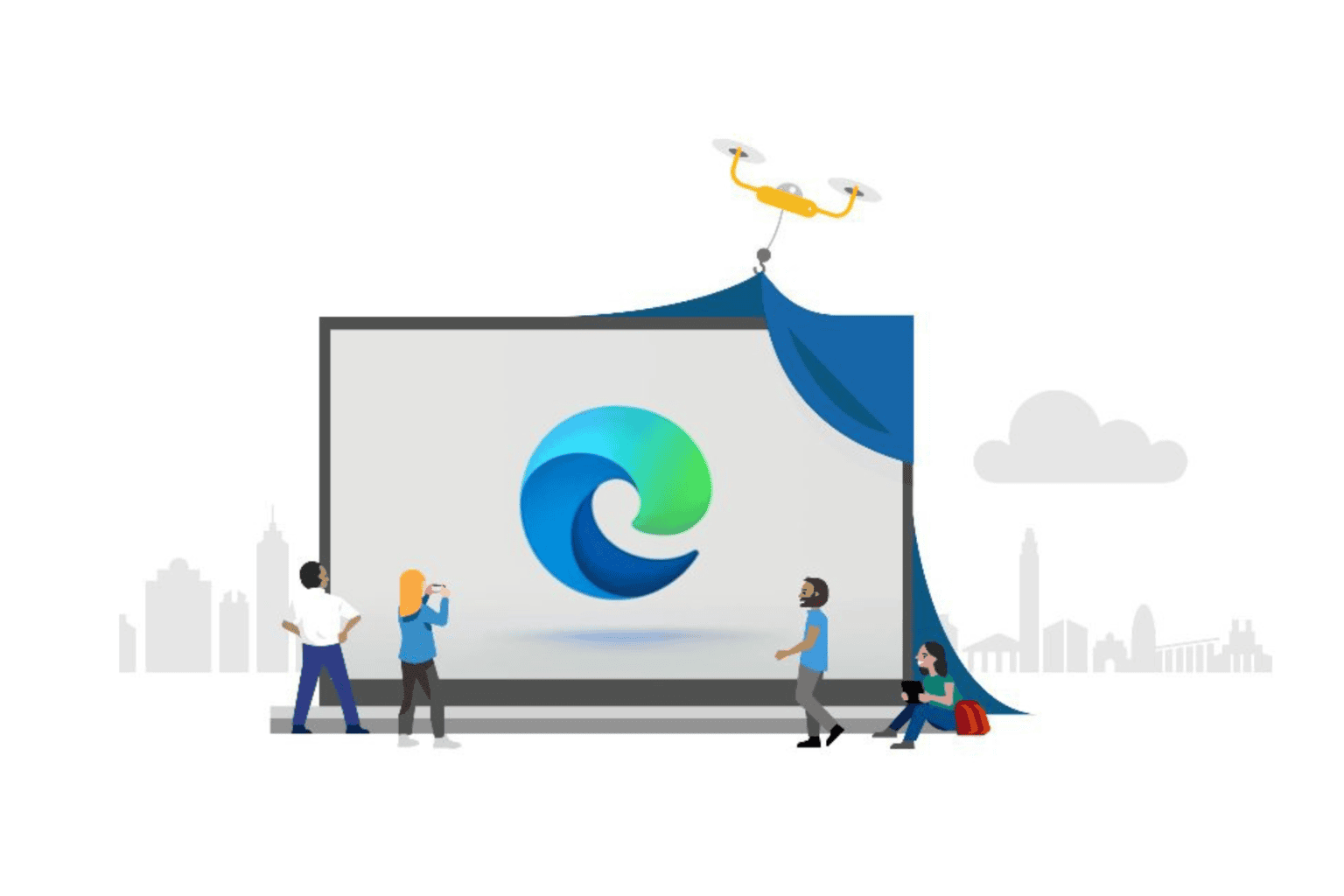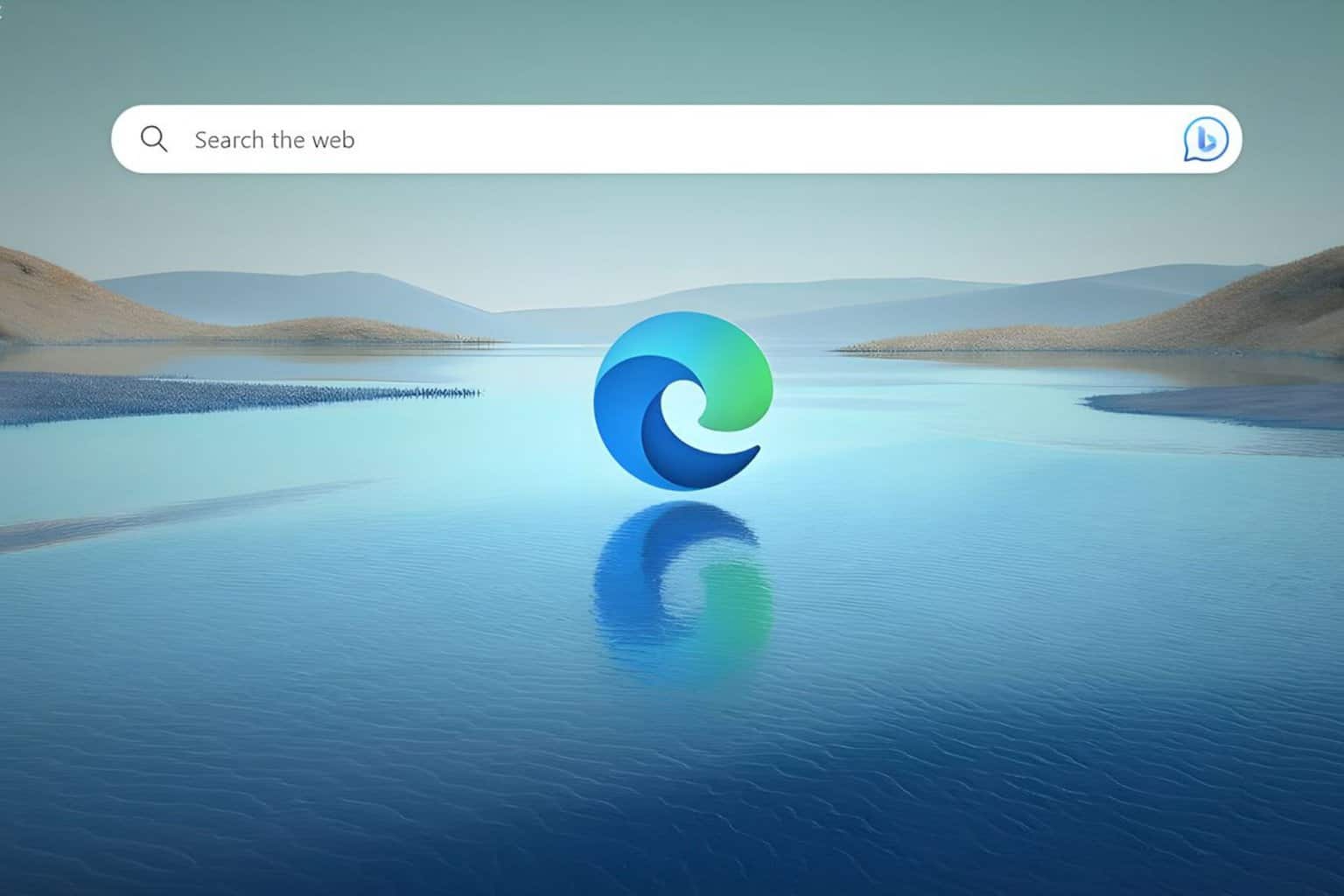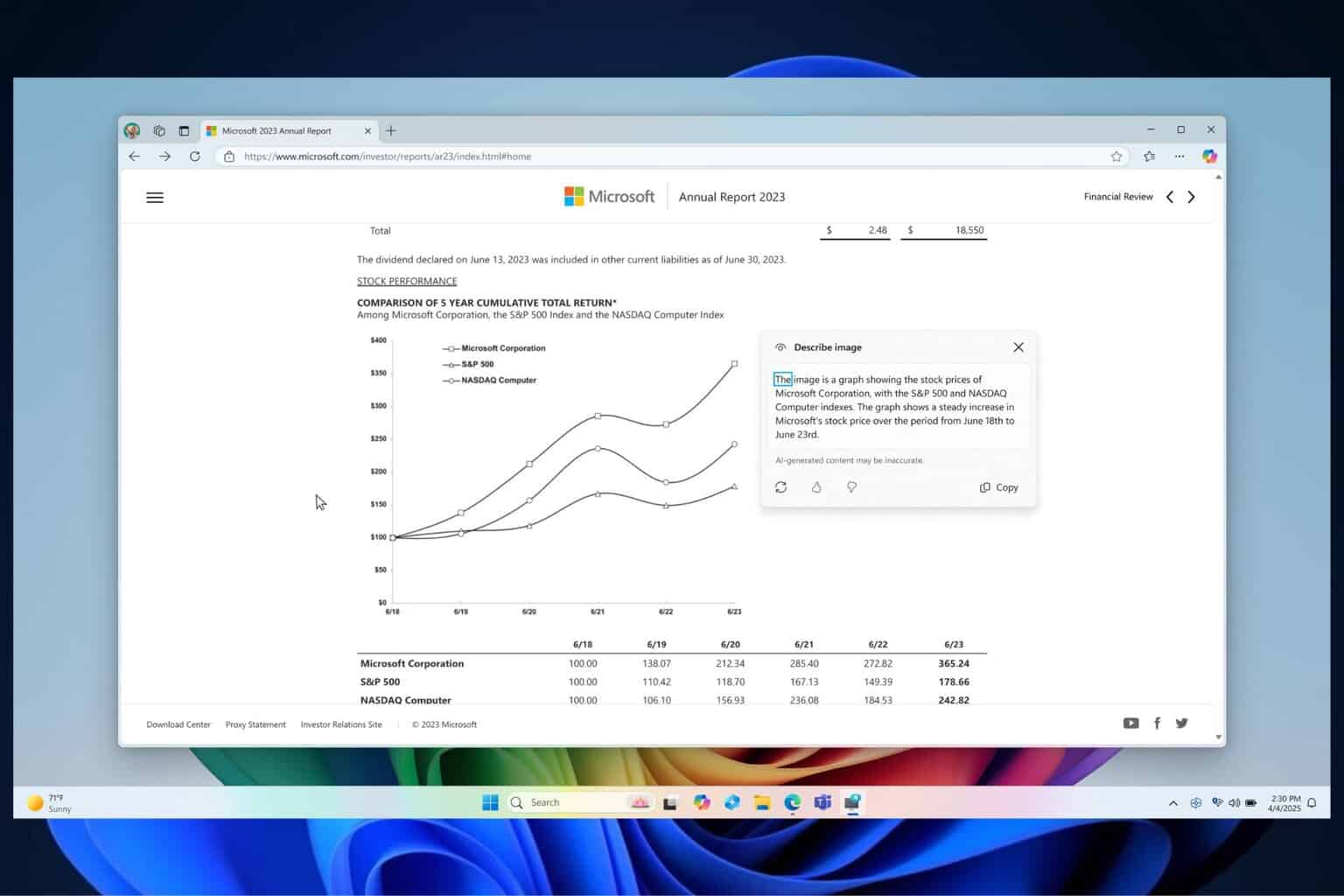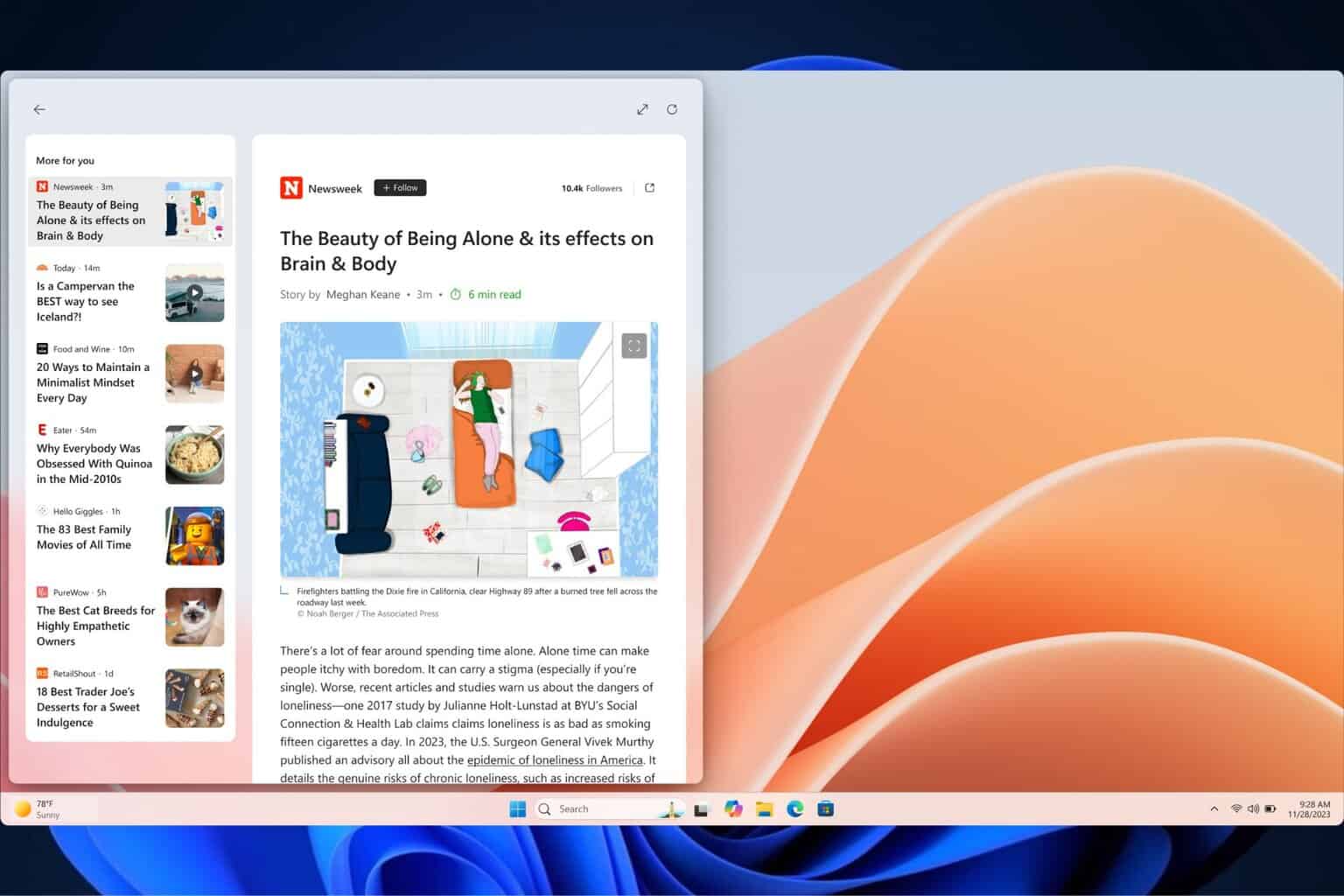Microsoft Edge's market share has grown to reach almost 14%, while Chrome loses ground
Maybe, just maybe, Edge finally has a chance.
2 min. read
Published on
Read our disclosure page to find out how can you help Windows Report sustain the editorial team. Read more

Amidst the vibrant universe of internet browsers, Microsoft Edge is gradually nearing a 14% market share, while Google Chrome keeps its dominating position. According to the latest stats, the browser had 13.74% of all desktop users by July 2024, rising from its previous standing of 10.76%. This development is essential because, considering how much control Google Chrome has, it dropped from 68.50% to 64.72% in market share, which is quite a change.
The exciting part is the situation where these changes are happening. Mozilla Firefox, which holds the fourth position and has a market share of 6.64%, could experience an increase in users because of Chrome’s plan to phase out Manifest V2 extensions.
This might impact content blockers such as uBlock Origin, making users shift towards browsers that still maintain support for these extensions. For example, Firefox may not be getting rid of Manifest V2 extensions. This could be appealing to people who want to keep using the same browsing features they have now.
Now, we cannot overlook the surprising contender in this situation: Microsoft Edge. The rise of Edge might be disputed because it comes from Microsoft’s energetic promotion efforts, but it is nevertheless considerable. The increase in the market share portion for Microsoft Edge shows a larger pattern of users looking into options apart from Chrome—maybe they desire improved performance or privacy characteristics or wish to attempt something fresh and different.
In addition, Microsoft is not only advancing in the desktop browser market. Windows 11 has now surpassed 30% for the first time since its release, showing a constant uptake by users. This might influence Edge’s increase, as integration between the operating system and browser could provide a smoother experience for Windows users.
If you are a devoted Chrome user, an admirer of Firefox, or someone who wants to explore what Edge has to offer, it becomes evident that the browser wars continue. Maybe this competition could result in enhanced features and new ideas for all of us. Isn’t a bit of rivalry always beneficial?
Plus, we believe Edge might actually be better than Chrome in dozens of areas, including speed, and interface.









User forum
0 messages